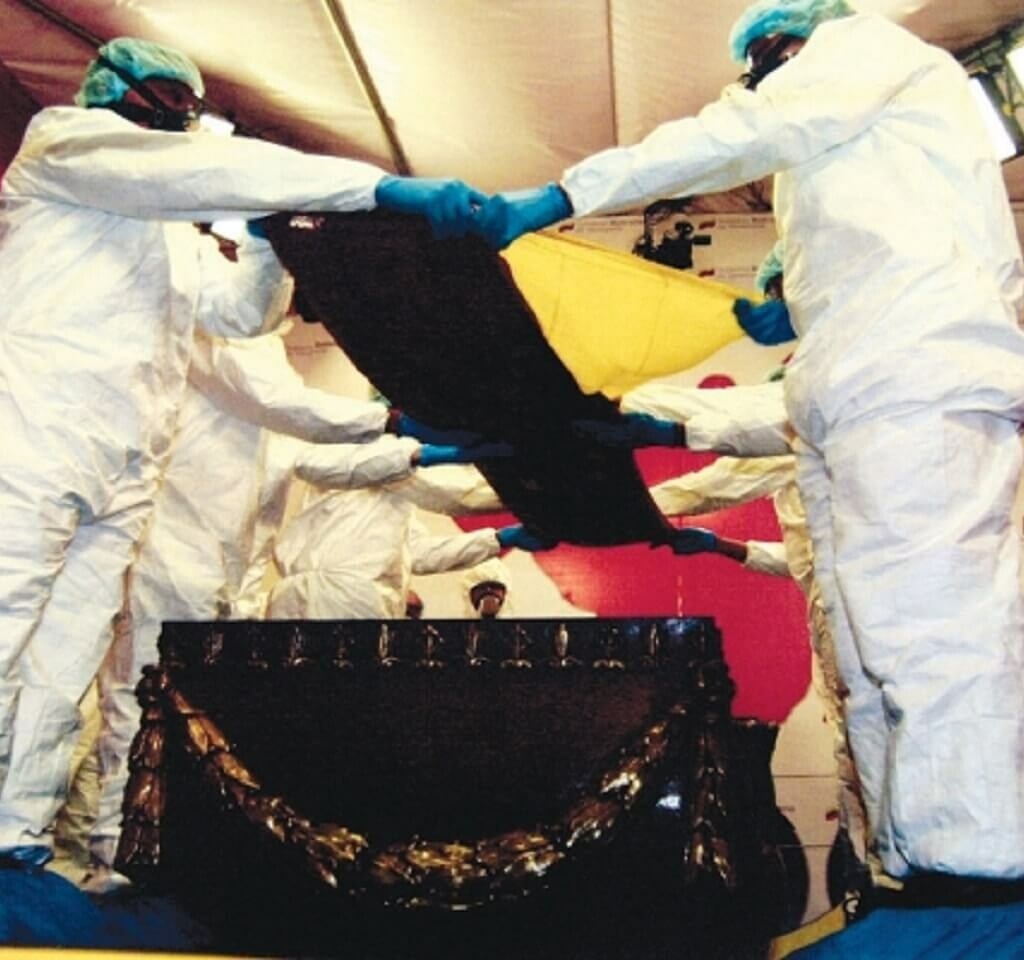The history of the curse associated with Simón Bolívar’s remains is one of Venezuela’s most intriguing and enigmatic urban legends. This narrative combines elements of mystery, politics and ancestral beliefs, reflecting the concerns and fascinations of Venezuelan society. Below, we will explore this legend from the perspectives of a historian, an anthropologist and a sociologist to understand its origin and cultural significance.
Historical Origins of the Legend of Simón Bolívar’s Remains
From a historical perspective, legends often arise in contexts of social and political change. Simón Bolívar, known as The Liberator, is an emblematic figure in Latin America, whose legacy has influenced entire generations. The legend of the curse of his remains emerges in the 21st century, a period marked by political tensions and the search for national identity.
The narrative tells that a Venezuelan political leader (Hugo Chávez Frías), in his effort to strengthen his connection with Bolívar’s legacy, decided to exhume his remains to verify their authenticity. This act, although carried out for historical purposes, triggered rumors and speculations about a possible curse. It is said that disturbing Bolívar’s eternal rest caused a series of unfortunate events, attributed to the Liberator’s wrath from beyond the grave.
Anthropological Significance and Popular Beliefs
From an anthropological standpoint, this legend reflects deep beliefs in the supernatural and respect for ancestors in Venezuelan culture. Stories of curses and guardian spirits are common in Latin American traditions, where indigenous, African and European influences blend.
The idea that the remains of a historical figure could possess mystical powers highlights the sanctity attributed to national heroes. Additionally, the inclusion of elements such as ancestral rituals and warnings from wise elders symbolizes the importance of respecting traditions and the natural order. This legend serves as a metaphor for the consequences of ambition and the transgression of sacred boundaries.
Sociological Impact on Venezuelan Society
Sociologically, the dissemination of this legend can be interpreted as a manifestation of the internal tensions and conflicts within Venezuelan society. The curse becomes a way to collectively channel fears and frustrations related to political leadership and the country’s future.
Bolívar’s figure is used as a moral symbol and the idea of his curse acts as a warning about the dangers of manipulating the past for personal ends. This narrative reflects concerns about authenticity, legitimacy and respect for national symbols.
The Figure of Simón Bolívar in the Collective Imagination
Simón Bolívar is more than a historical figure; he is a fundamental pillar in Latin American identity. His struggle for independence and his ideals of freedom and unity remain relevant. The legend of the curse enhances his continuous presence in the collective consciousness, reminding us of the enduring nature of his principles.
The supposed curse highlights the dilemma between honoring the legacy of heroes and using their image for contemporary purposes. This duality generates debates on how to interpret and preserve history in a respectful and authentic manner.
Reflections on Power and Ambition
The legend serves as an allegory about the risks associated with power and unchecked ambition. Disturbing the rest of great leaders from the past is seen as an act of arrogance, which can bring negative consequences. This narrative invites reflection on ethics in leadership and the responsibility of those in positions of influence.
On the other hand, the story underscores the importance of listening to the voices of traditional wisdom and considering the implications of our actions in a broader context that transcends the immediate and personal.
The Persistence of Legends in the Modern Era
In a world dominated by technology and instant information, urban legends like the curse of Bolívar’s remains maintain their relevance. These stories offer a connection to the past and provide a way to explore complex themes in an accessible and captivating manner.
Legends serve as educational and cultural tools, facilitating discussions about history, morality and society. They keep oral traditions alive and foster a sense of community and belonging.
The curse of Simón Bolívar’s remains is a legend that, beyond its veracity, offers a rich source of analysis on Venezuelan culture and society. Through this story, universal themes such as respect for the past, ethical responsibility and the consequences of our actions are explored.
By considering this legend from multiple perspectives, we can appreciate how popular narratives reflect and affect social reality. They invite dialogue on how we honor our heroes and how we build our future based on the lessons of the past.
To delve deeper into the life and legacy of Simón Bolívar, you can visit the official site of the Fundación Biblioteca Ayacucho, which offers resources and historical documents. Additionally, the Museo Bolivariano de Caracas is an excellent source to understand his impact on Venezuela’s history.





